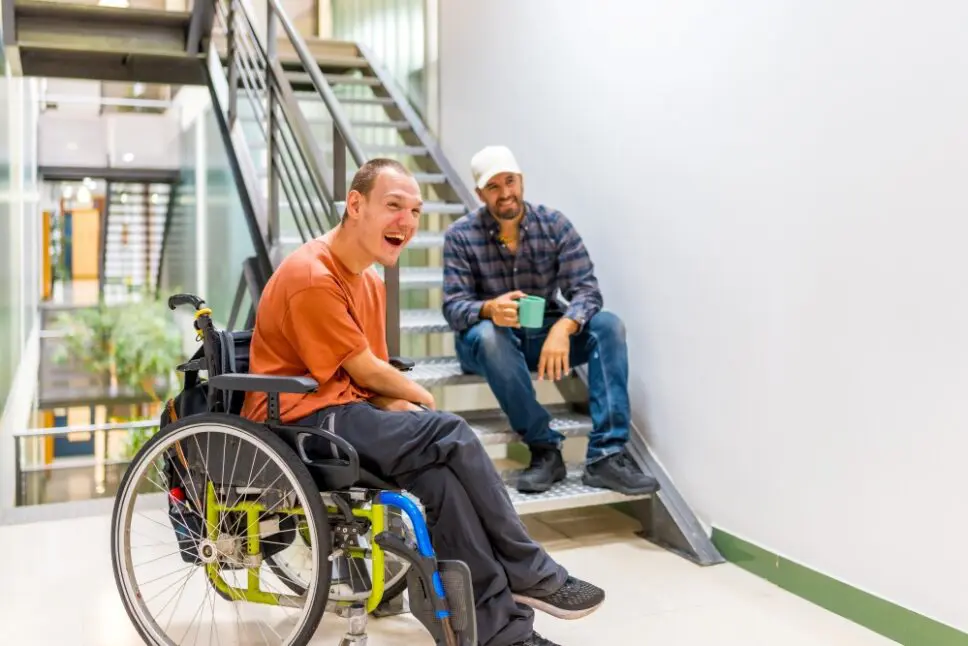The next step: tackling racial inequalities in maternal outcomes
Over the last few years, the work of MBRRACE-UK (Mothers and Babies: Reducing Risk through Audits and Confidential Enquires Across the UK) has identified disparities in maternal outcomes for BAME women. The most recent MBRRACE-UK report is discussed here by associate, Rosie Nelson. Following this report, there have been a number of initiatives from interested parties to tackle these inequalities, examples of which are given below:
Royal College of Obstetricians and Gynaecologists
The Royal College of Obstetricians and Gynaecologists (RCOG) released a policy position statement to mark International Women’s Day in 2020, and followed this with the launch of its Racial Equality Taskforce at an inaugural meeting in October 2020.
The RCOG recommendations are that:
- the Governent must act decisively to examine and report on racial inequality in maternity care, and provide key recommendations to be taken forward to address this;
- clinical research should properly reflect society to end the gender and ethnicity gaps in medical research data; and
- medical schools should establish a robust training program to eradicate implicit or unconscious racial bias and stereotypes that are ingrained in the psyche from a young age.
The RCOG has linked up with Five X More (an organisation committed to changing Black women’s maternal health outcomes in the UK) and launched a campaign of 5 steps for health professionals to adopt, helping to drive change and challenge attitudes, in order to end these inequalities. The steps are as follows:
- Listen – to a patient’s concern and anxieties without making assumptions or presumptions.
- Remove barriers to communication – explain in lay terms and use translation services if required.
- Check you are providing clear information – recap information provided, or ask the patient to recap this to check understanding.
- Provide access to detailed documentation – support continuity of care by accurately recording actions, treatment, or medications – both taken and declined.
- Be a champion – support research and innovation at your hospital to help end the disparity in maternal outcomes, and inspire others by championing positive change in your maternity or obstetric unit by valuing every woman in your care, equally.
Birthrights
The charity Birthrights is dedicated to ensuring everyone receives the respect and dignity they deserve in pregnancy and childbirth, and is running a national inquiry throughout 2021 into racial injustice in maternity care, for which they are asking BAME patients and healthcare professionals to share their experiences.
The Motherhood Group
The organisation The Motherhood Group is dedicated to sharing and supporting the Black maternal experience through events, workshops, peer support, projects, and advocacy.
Elizabeth Maloney, associate in Penningtons Manches Cooper’s clinical negligence team commented, “We see the devastating consequences when maternity care is poor or negligent. The racial inequalities in maternity outcomes identified by the MBBRACE enquiry are shocking, so it is good to see that the RCOG and others are highlighting awareness and providing a guide to tackle this issue.”
If you have any queries about pursuing a birth injury or maternity care claim, our specialist solicitors may be able to help. Please call us on 0800 328 9545, email clinnegspecialist@penningtonslaw.com or complete our online assessment form.
